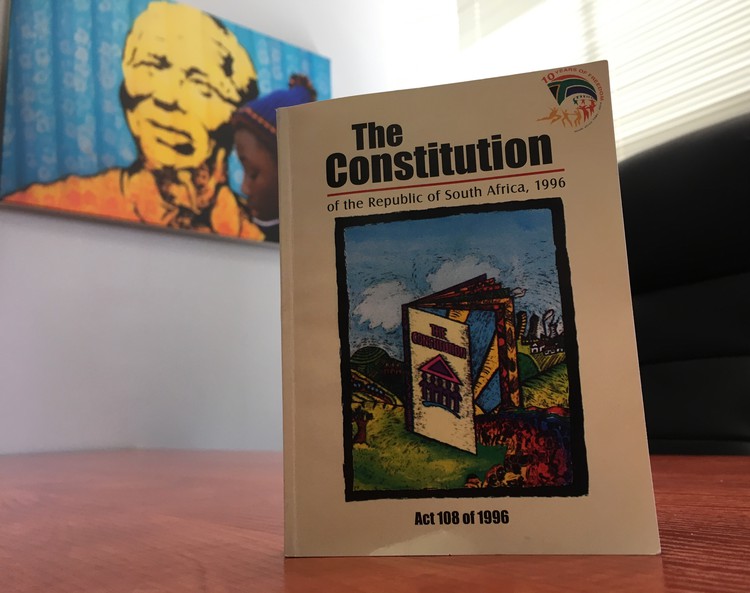Four requirements, seven principles and four questions to consider
By Johan van der Merwe

The intention to amend the Constitution to allow for expropriation without compensation (EWC) is being widely debated. But what the Constitution currently says about EWC can be summed up as four requirements, seven principles and four questions.
Four requirements
The Constitution sets four minimum and non-negotiable requirements for expropriation of property:
The act of expropriation may only be executed in terms of a law of general application, which means the law must be applied fairly to everyone. This provision prevents land grabbing.
No law may permit arbitrary deprivation of property. This provision prevents for example the donation of property to people favoured by the expropriating authority.
An expropriation must be either for a public purpose (including the commitment to land reform and to reforms to bring about equitable access to all South Africa’s natural resources); or be in the public interest.
An expropriation is subject to compensation.
Seven principles
Besides these four requirements, there are other principles in the Constitution relevant to EWC: